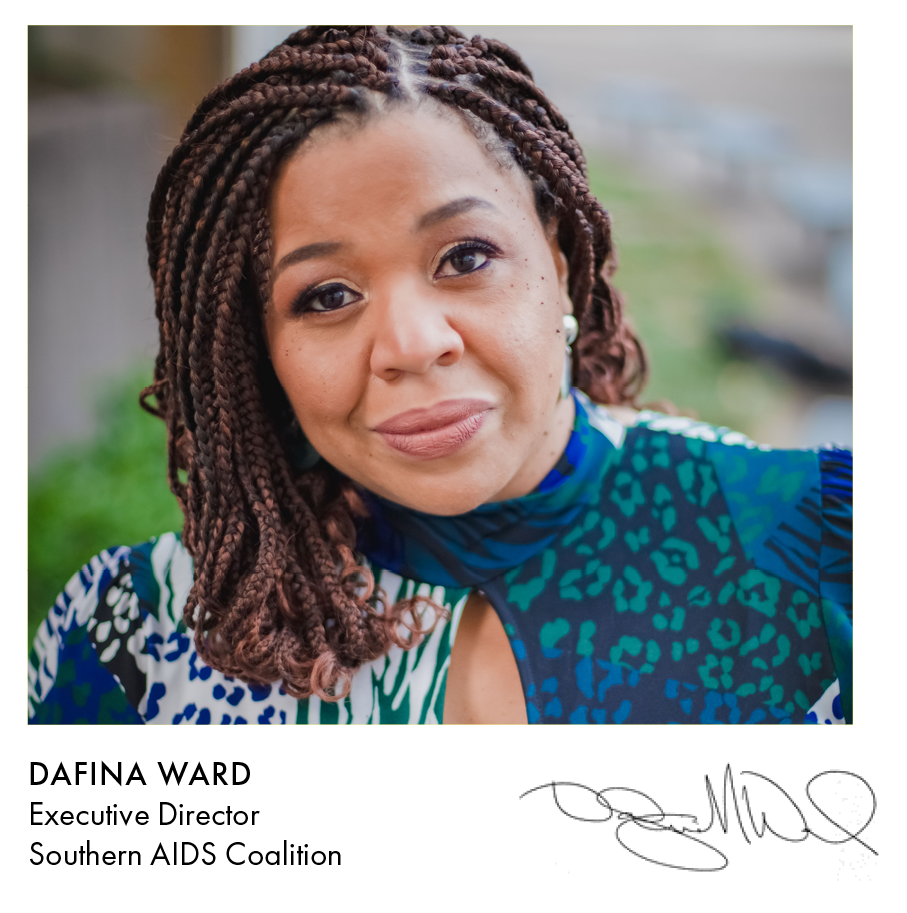 I will never forget that night standing at her bedside, holding her hand as she took her final breaths. My dear childhood friend, who at just barely forty, was coming to the end of her life surrounded by her children, partner, and close friends. Cancer had ravaged her body and she had known for some time that it would come to this. What others standing around her bed did not know—that I had been charged to hold in secret—was that she was also living with HIV. Before the cancer diagnosis, she learned of her HIV status, and had not really shared it with anyone.
I will never forget that night standing at her bedside, holding her hand as she took her final breaths. My dear childhood friend, who at just barely forty, was coming to the end of her life surrounded by her children, partner, and close friends. Cancer had ravaged her body and she had known for some time that it would come to this. What others standing around her bed did not know—that I had been charged to hold in secret—was that she was also living with HIV. Before the cancer diagnosis, she learned of her HIV status, and had not really shared it with anyone.
She was so afraid of what others would think. Whether she would be shunned at church, whether her children would be mistreated at school, whether her family and friends would turn their backs on her. She even stopped attending support groups for women with cancer because, as she described to me, she felt like a “fraud.” They had cancer, but she had cancer AND HIV—how could she be worthy to share that space and risk possibly being exposed? My heart ached for her—and it still does.
I often wonder how she might have engaged in care differently if she hadn’t felt the need to hide her HIV status. She often missed appointments or didn’t access certain services, because she was afraid of being “found out.” How could her life—so many lives—be transformed if our communities were better educated and HIV was not whispered in secret? I miss her so much. She was light and love wrapped up in a petite frame, with a big laugh, and always a kind word. She deserved to be seen in her fullness, accepted, loved, and supported.
I will always see her and fight for her. And I hope you will as well.
Southern AIDS Coalition (SAC) was founded twenty years ago with a mission to end the HIV epidemic in the South, particularly to demand that federal resources be equitably allocated to meet the region’s needs. SAC’s work continues today with the same mission, and with a focus on addressing HIV stigma. We recognize that addressing stigma requires the unpacking of untruths through open dialogue, the demystification of sex, and the end of shaming and judgment based on one’s sexual orientation, gender identity, or otherwise.
Through the Gilead COMPASS Initiative®, SAC provides grants to organizations to address HIV-related stigma. “Stigma” is not a one size fits all problem—and neither is there a single solution to address it. In Wetumpka, Alabama, one solution was Central Alabama Alliance, Resource, and Advocacy Center’s community-led Because I Love You billboard campaign, which highlighted the loving relationships of persons living with HIV with family members and friends. In Texas, one solution was Amigos por Vida (“Friend for Life”), a peer-mentor program serving Latinx same-gender loving men facing cultural stigma and sexual orientation discrimination within their communities. In North Carolina, it was Circle of Friends Taskforce’s LAMPS (Leaders, Advocating, Mentoring other leaders for Personal Growth and Support) Project, a peer program that educated people of color living with HIV to mentor, train and support one another.
The GLAAD 2021 State of HIV Stigma Study paints the picture of the challenges we must overcome to end HIV-related stigma. The findings reflect a vast lack of understanding of HIV and how it can be prevented, as well as significant discomfort and unfounded fear about people living with HIV. The Deep South has the highest rates of HIV diagnosis, yet the study reveals that the U.S. South also has some of the highest discomfort levels pertaining to the virus. This is a perfect storm for the perpetuation of misinformation.
While that is disheartening, and driven by a number of factors, the Study also provides a glimmer of hope. Captured are a range of strategies that leaders in southern communities offer in response to the issue. These calls for action require improving provider/patient relationships, increasing access to tangible and accurate information, and applying the lessons we continue to learn from COVID. Most of all, these strategies remind us once again that our communities hold the answers. It is my hope, my belief, that we can turn the tide on HIV stigma. That together we can build a region, and nation, in which my dear friend would have thrived.












